This is part six in the series “Arabs Say…” featuring Arabic speakers from around the Arab world who gives their views on their language and how it is used today. Of course, we should keep in mind that these are personal views and do not represent the views of everyone in their countries. Still, we can learn a lot about the overall linguistic situation and some commonalities and regional differences.
What are a few words that are unique to your dialect which Arabs from other countries might find amusing or not understand?
There are a lot of words that are unique to the Moroccan Arabic dialect ("Darija"). Here are some examples:
- Darija: قرعة ; English: bottle ; MSA: قنينة.
- Darija: الحانوت ; English: store ; MSA: دكان/متجر.
- Darija: عافاك ; English: please ; MSA: أرجوك/لو سمحت
- Darija: قرعة ; English: bottle ; MSA: قنينة.
- Darija: الحانوت ; English: store ; MSA: دكان/متجر.
- Darija: عافاك ; English: please ; MSA: أرجوك/لو سمحت
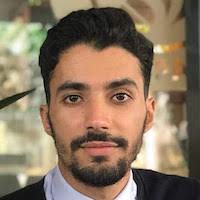
There are a lot of words that are unique to the Moroccan Arabic dialect ("Darija"). Here are some examples:
- Darija: قرعة ; English: bottle ; MSA: قنينة.
- Darija: الحانوت ; English: store ; MSA: دكان/متجر.
- Darija: عافاك ; English: please ; MSA: أرجوك/لو سمحت
- Darija: قرعة ; English: bottle ; MSA: قنينة.
- Darija: الحانوت ; English: store ; MSA: دكان/متجر.
- Darija: عافاك ; English: please ; MSA: أرجوك/لو سمحت

In Tunisian Colloquial Arabic, (بابور) means "ship." People from the Middle East won't understand it because it comes from Italian.
Also, (كروسة) means "carriage." Most of the other Arab countries cannot understand it.
And (فيجطة) that means a "party." It has a root from Latin (festa). Only Tunisians, Algerians, and Moroccans can understand this word.
Also, (كروسة) means "carriage." Most of the other Arab countries cannot understand it.
And (فيجطة) that means a "party." It has a root from Latin (festa). Only Tunisians, Algerians, and Moroccans can understand this word.
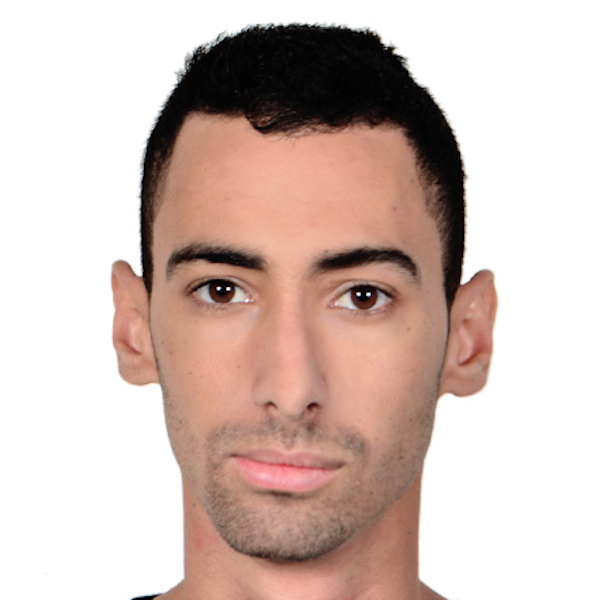
In Tunisian Colloquial Arabic, (بابور) means "ship." People from the Middle East won't understand it because it comes from Italian.
Also, (كروسة) means "carriage." Most of the other Arab countries cannot understand it.
And (فيجطة) that means a "party." It has a root from Latin (festa). Only Tunisians, Algerians, and Moroccans can understand this word.
Also, (كروسة) means "carriage." Most of the other Arab countries cannot understand it.
And (فيجطة) that means a "party." It has a root from Latin (festa). Only Tunisians, Algerians, and Moroccans can understand this word.

You can find words such as (كديسة - kadeesa) in Sudanese Arabic, which means قطة in MSA and cat in English. There was a video made for this and they asked people from different Arab speaking countries to translate it, but they didn't know what it meant. There’s also the word (واطة -watta) which means الأرض in MSA and floor in English. There’s also the famous word (زول - zoul) which means انسان in MSA and person in English. I personally dont think people from any other Arab country would understand what it means without me explaining it to them.
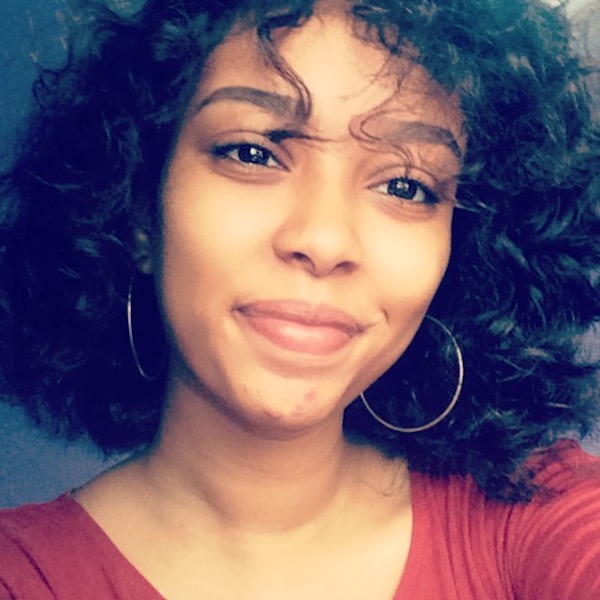
You can find words such as (كديسة - kadeesa) in Sudanese Arabic, which means قطة in MSA and cat in English. There was a video made for this and they asked people from different Arab speaking countries to translate it, but they didn't know what it meant. There’s also the word (واطة -watta) which means الأرض in MSA and floor in English. There’s also the famous word (زول - zoul) which means انسان in MSA and person in English. I personally dont think people from any other Arab country would understand what it means without me explaining it to them.

Egyptian Arabic: In Egypt, we say معرفش instead of لا اعلم in MSA. In English it is "I don't know." We say, "ازيك؟ " instead of " كيف حالك؟ " in MSA. It means in English, "How are you?"
We also say, "انا عايز" instead of "انا اريد" in MSA. In English it is "I want". We say, "ليه" instead of "لماذا" in MSA. It is "why" in English.
We also say, "انا عايز" instead of "انا اريد" in MSA. In English it is "I want". We say, "ليه" instead of "لماذا" in MSA. It is "why" in English.
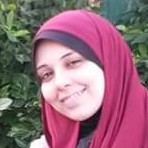
Egyptian Arabic: In Egypt, we say معرفش instead of لا اعلم in MSA. In English it is "I don't know." We say, "ازيك؟ " instead of " كيف حالك؟ " in MSA. It means in English, "How are you?"
We also say, "انا عايز" instead of "انا اريد" in MSA. In English it is "I want". We say, "ليه" instead of "لماذا" in MSA. It is "why" in English.
We also say, "انا عايز" instead of "انا اريد" in MSA. In English it is "I want". We say, "ليه" instead of "لماذا" in MSA. It is "why" in English.

In order: MSA, Eyptian Arabic, English: / ايه = ماذا = what / زور = رقبة = neck / مفيش = لا يوجد - لا شيء = nothing / فات = مضى = past / كويس = بخير = fine / زي = مثل = like / بقا = أصبح = become / ماشي = حسنا = okay / هات = أعطني = give me / مش = not / استنا = انتظر = wait / لسه = ما زال = still / أوي = جدا = very / برا = خارج = out / شوية = قليلا = a little bit

In order: MSA, Eyptian Arabic, English: / ايه = ماذا = what / زور = رقبة = neck / مفيش = لا يوجد - لا شيء = nothing / فات = مضى = past / كويس = بخير = fine / زي = مثل = like / بقا = أصبح = become / ماشي = حسنا = okay / هات = أعطني = give me / مش = not / استنا = انتظر = wait / لسه = ما زال = still / أوي = جدا = very / برا = خارج = out / شوية = قليلا = a little bit

Of course, there are some special words that are unique in the Palestinian dialect only and could not be understood in other Arabic dialects. The most uniqe word is: اجرمنعنك /ijramen3anak (English: Oooh! That's why!! ; Modern Standard Arabic: أوووه لهذا السبب )
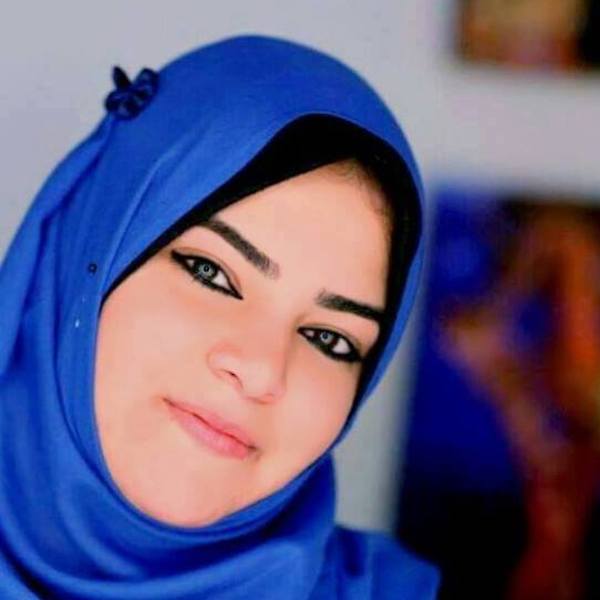
Of course, there are some special words that are unique in the Palestinian dialect only and could not be understood in other Arabic dialects. The most uniqe word is: اجرمنعنك /ijramen3anak (English: Oooh! That's why!! ; Modern Standard Arabic: أوووه لهذا السبب )

There is a very interesting word that we use in the Jordanian Arabic dialect to refer to a person who is not good. This word is ( مقلعط ). In MSA it could translate ( مقرف ، سيئ ). Another word is ( زت), which means "throw"–in MSA it means ( اقذف ، ارمي ).
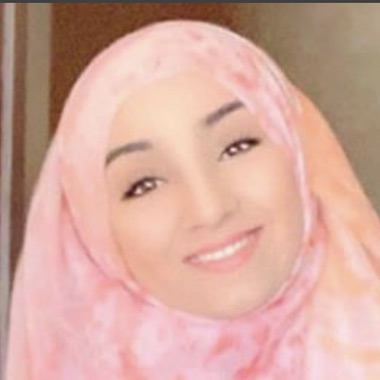
There is a very interesting word that we use in the Jordanian Arabic dialect to refer to a person who is not good. This word is ( مقلعط ). In MSA it could translate ( مقرف ، سيئ ). Another word is ( زت), which means "throw"–in MSA it means ( اقذف ، ارمي ).

Lebanese Arabic - English - Arabic*:
قريدس Shrimps جمبري
أرضي شوكة Artichoke خرشوف
بندورة Tomato طماطم
خبز Bread عيش
ليمون Orange برتقال
حامض Lemon ليمون
حليب Milk لبن
لبن Yogurt لبن زبادي
برداية Curtain ستارة
ناطور Guardian حارس
(* The translation in Arabic is mostly the words used by Arabs in countries such as Saudi Arabia.)
قريدس Shrimps جمبري
أرضي شوكة Artichoke خرشوف
بندورة Tomato طماطم
خبز Bread عيش
ليمون Orange برتقال
حامض Lemon ليمون
حليب Milk لبن
لبن Yogurt لبن زبادي
برداية Curtain ستارة
ناطور Guardian حارس
(* The translation in Arabic is mostly the words used by Arabs in countries such as Saudi Arabia.)

Lebanese Arabic - English - Arabic*:
قريدس Shrimps جمبري
أرضي شوكة Artichoke خرشوف
بندورة Tomato طماطم
خبز Bread عيش
ليمون Orange برتقال
حامض Lemon ليمون
حليب Milk لبن
لبن Yogurt لبن زبادي
برداية Curtain ستارة
ناطور Guardian حارس
(* The translation in Arabic is mostly the words used by Arabs in countries such as Saudi Arabia.)
قريدس Shrimps جمبري
أرضي شوكة Artichoke خرشوف
بندورة Tomato طماطم
خبز Bread عيش
ليمون Orange برتقال
حامض Lemon ليمون
حليب Milk لبن
لبن Yogurt لبن زبادي
برداية Curtain ستارة
ناطور Guardian حارس
(* The translation in Arabic is mostly the words used by Arabs in countries such as Saudi Arabia.)

Syrian Arabic
1. "شّرشف" Charchaf; EN: coverlet; MSA: غطاء، لحاف
2. "شّنق" Chanak; EN: dish; MSA: صحن، طبق
3. "قَحِّط" Kahhet; EN: go away; MSA: اغرب عن وجهي، اذهب من هنا
4. "طَفران" Tafran; EN: poor; MSA: فقير
5. "جفت" Jift; EN: shotgun; MSA: بندقية
6. "الهفا" Alhafa; EN: doom, death; MSA: الموت، الحتف
7. "كَدَع" Gada'a; EN: Hero, brave; MSA: بطل، شجاع
1. "شّرشف" Charchaf; EN: coverlet; MSA: غطاء، لحاف
2. "شّنق" Chanak; EN: dish; MSA: صحن، طبق
3. "قَحِّط" Kahhet; EN: go away; MSA: اغرب عن وجهي، اذهب من هنا
4. "طَفران" Tafran; EN: poor; MSA: فقير
5. "جفت" Jift; EN: shotgun; MSA: بندقية
6. "الهفا" Alhafa; EN: doom, death; MSA: الموت، الحتف
7. "كَدَع" Gada'a; EN: Hero, brave; MSA: بطل، شجاع
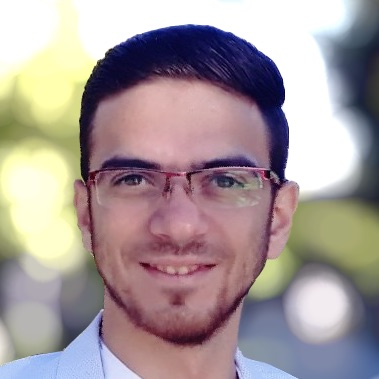
Syrian Arabic
1. "شّرشف" Charchaf; EN: coverlet; MSA: غطاء، لحاف
2. "شّنق" Chanak; EN: dish; MSA: صحن، طبق
3. "قَحِّط" Kahhet; EN: go away; MSA: اغرب عن وجهي، اذهب من هنا
4. "طَفران" Tafran; EN: poor; MSA: فقير
5. "جفت" Jift; EN: shotgun; MSA: بندقية
6. "الهفا" Alhafa; EN: doom, death; MSA: الموت، الحتف
7. "كَدَع" Gada'a; EN: Hero, brave; MSA: بطل، شجاع
1. "شّرشف" Charchaf; EN: coverlet; MSA: غطاء، لحاف
2. "شّنق" Chanak; EN: dish; MSA: صحن، طبق
3. "قَحِّط" Kahhet; EN: go away; MSA: اغرب عن وجهي، اذهب من هنا
4. "طَفران" Tafran; EN: poor; MSA: فقير
5. "جفت" Jift; EN: shotgun; MSA: بندقية
6. "الهفا" Alhafa; EN: doom, death; MSA: الموت، الحتف
7. "كَدَع" Gada'a; EN: Hero, brave; MSA: بطل، شجاع

Iraq shares a border with Turkey and Iran, which are both non-Arabic countries and have completely different cultures and languages such as Persian and Turkish. Iraq was part of the Ottoman empire, and this affected the Iraqi Arabic dialect directly with words that other Arabs can't understand. There are many many examples, but I'll share just a few. خاشوكَة (MSA translation of it is معلقة) means spoon. It comes from the Turkish words kaşık. Another word, جطل (MSA translation of it is شوكة ) mean fork, which comes from the Turkish word çatal.
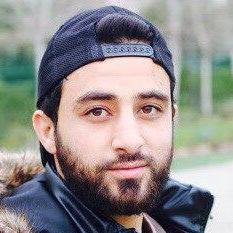
Iraq shares a border with Turkey and Iran, which are both non-Arabic countries and have completely different cultures and languages such as Persian and Turkish. Iraq was part of the Ottoman empire, and this affected the Iraqi Arabic dialect directly with words that other Arabs can't understand. There are many many examples, but I'll share just a few. خاشوكَة (MSA translation of it is معلقة) means spoon. It comes from the Turkish words kaşık. Another word, جطل (MSA translation of it is شوكة ) mean fork, which comes from the Turkish word çatal.

The word (عيش) means (رز); in English it’s rice.
The word (صفرية) means (قدر الطبخ); in English it’s cooking pot.
The word (خواهر) means (حار و رطب); in English it’s hot and humid.
The word (عريشة) means (مبنى محاط بالسعف); in English it’s a building surrounded by palm tree leaves.
The word (صفرية) means (قدر الطبخ); in English it’s cooking pot.
The word (خواهر) means (حار و رطب); in English it’s hot and humid.
The word (عريشة) means (مبنى محاط بالسعف); in English it’s a building surrounded by palm tree leaves.
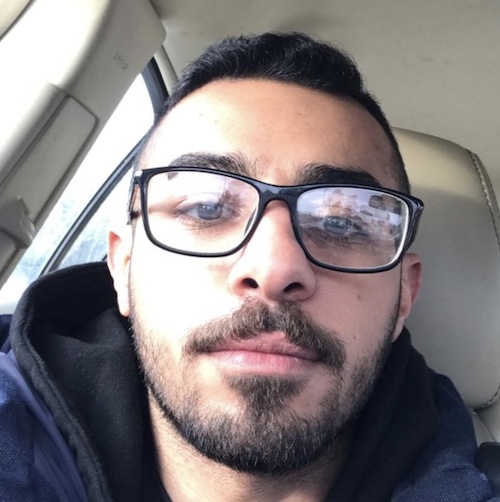
The word (عيش) means (رز); in English it’s rice.
The word (صفرية) means (قدر الطبخ); in English it’s cooking pot.
The word (خواهر) means (حار و رطب); in English it’s hot and humid.
The word (عريشة) means (مبنى محاط بالسعف); in English it’s a building surrounded by palm tree leaves.
The word (صفرية) means (قدر الطبخ); in English it’s cooking pot.
The word (خواهر) means (حار و رطب); in English it’s hot and humid.
The word (عريشة) means (مبنى محاط بالسعف); in English it’s a building surrounded by palm tree leaves.

As an Omani person, our dialect is the hardest and strangest dialect for other gulf countriesز لThey hardly understand anything we say. For example:
In Omani dialect we say: حال موه انته معصب؟
In MSA it's: لماذا أنت غاضب؟
It means in English: Why are you angry?
In Omani dialect we say: كيفش، موه علومش؟
In MSA it's: كيف حالك، هل أنت بخير؟
It means in English: How are you, are you doing fine?
In Omani dialect we say: حال موه انته معصب؟
In MSA it's: لماذا أنت غاضب؟
It means in English: Why are you angry?
In Omani dialect we say: كيفش، موه علومش؟
In MSA it's: كيف حالك، هل أنت بخير؟
It means in English: How are you, are you doing fine?

As an Omani person, our dialect is the hardest and strangest dialect for other gulf countriesز لThey hardly understand anything we say. For example:
In Omani dialect we say: حال موه انته معصب؟
In MSA it's: لماذا أنت غاضب؟
It means in English: Why are you angry?
In Omani dialect we say: كيفش، موه علومش؟
In MSA it's: كيف حالك، هل أنت بخير؟
It means in English: How are you, are you doing fine?
In Omani dialect we say: حال موه انته معصب؟
In MSA it's: لماذا أنت غاضب؟
It means in English: Why are you angry?
In Omani dialect we say: كيفش، موه علومش؟
In MSA it's: كيف حالك، هل أنت بخير؟
It means in English: How are you, are you doing fine?


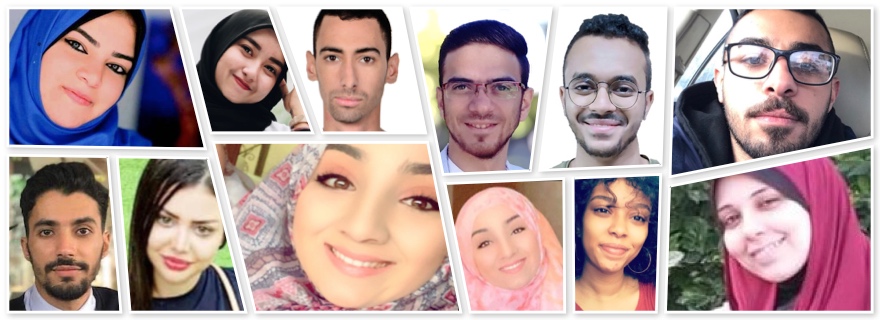
شكرا!
These are always interesting. I can remember one time I was watching al-Jazeera or al-Arabiyah or something, on a Saturday, and they had one of those documentary/”life in the Middle East” specialty-type programs on. The subject of this particular episode was olive growers in Morocco, and I distinctly remember them having to add fusHa subtitles to the broadcast because the dialect would have confused other viewers.